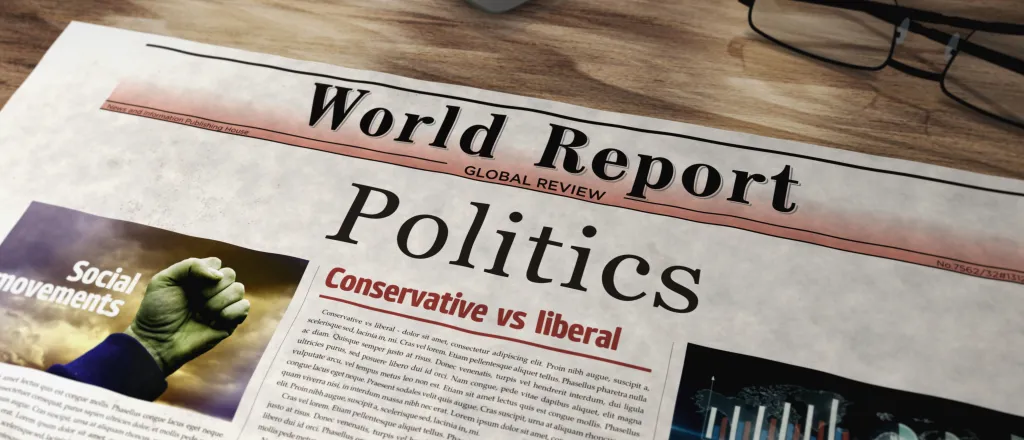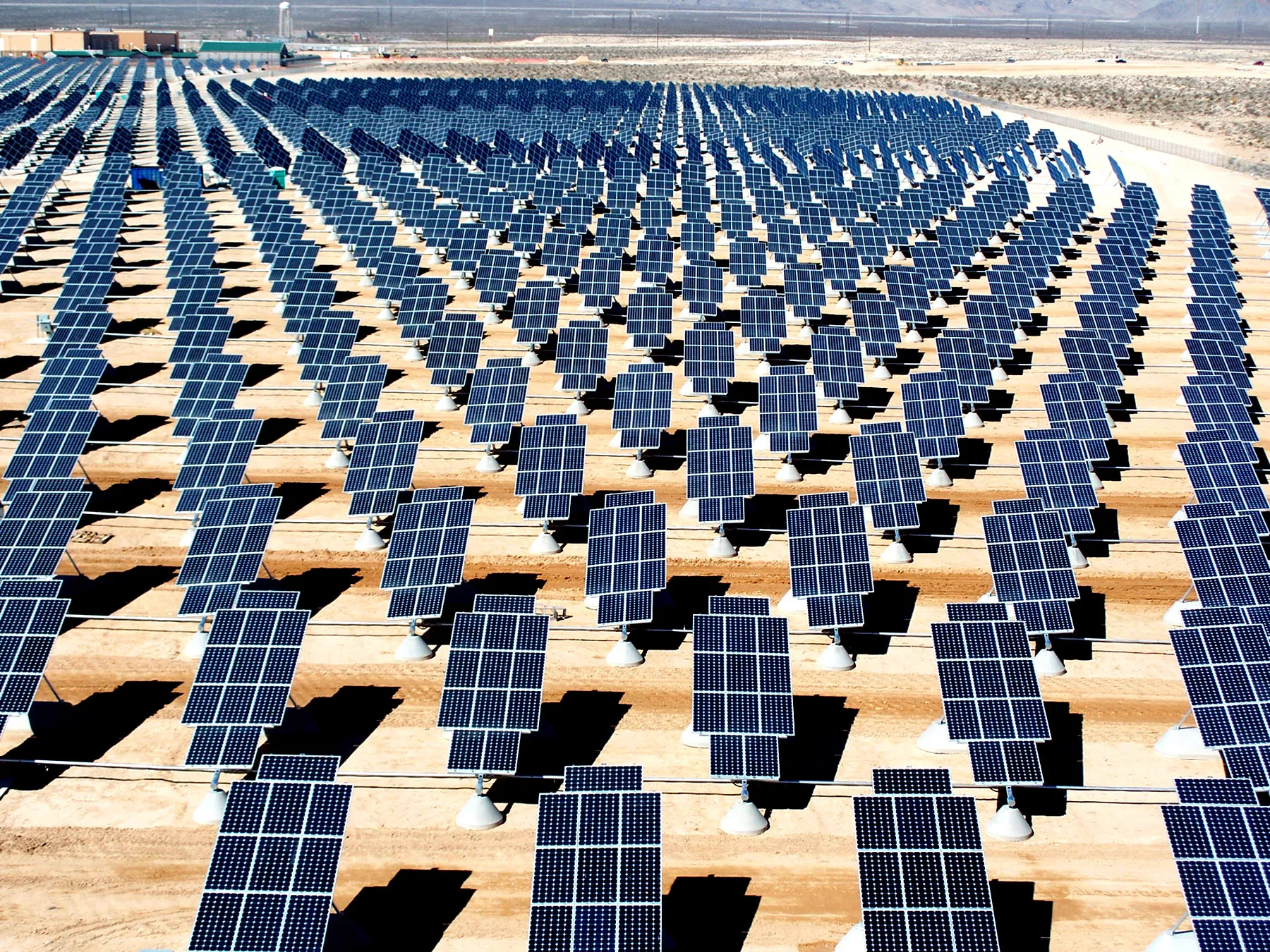
Politics: 2025Talks - July 3, 2025
© Arkadiusz Warguła - iStock-1890683226
Politics and views in the United States.
House Democrats vow to vote against Trump's megabill. Advocates differ on the bill's effects on clean energy credits, and manufacturers brace for changes to EV tax credits.
TRANSCRIPT
Welcome to 2025 Talks, where we're following our democracy in historic times.
Black or white, Republican or Democrat, this bill is coming for you and your family.
And it's a simple truth that contempt for working families is hardwired into the administration.
New York Representative Yvette D. Clark is joining all Democrats in unified opposition to the budget and policy mega bill.
Faced with a nearly tied House and defections from deficit hawks, Republican Speaker Mike Johnson delayed a procedural vote on the plan to cut safety net programs to extend tax cuts.
The CBO estimates it would add $3.3 trillion to the national debt, even as it cuts nearly a trillion dollars from Medicaid.
Johnson says they still hope to pass it by Friday.
Fossil fuel companies praise the bill for rolling back wind and solar tax credits in the Inflation Reduction Act.
Michelle Bloodworth is with America's Power, which advocates for coal.
She says the IRA is forcing what she calls "reliable electricity generation from coal, natural gas and nuclear to retire early. - These subsidies were established decades ago when it was argued intermittent resources, such as wind and solar power, needed help to compete with other electricity resources, but for too long they have had a distorting impact on our energy markets and are no longer needed. - A new report from environmental analyst Green Faith says various tax breaks, public spending, and regulatory exemptions means billions in subsidies for fossil fuels.
It notes half of all new U.S. oil and gas projects wouldn't be profitable without the state, local, and federal supports.
And according to liberal think tank the Center for American Progress, without the IRA Clean Energy Tax Credits, the average home utility bill would rise by more than $100 next year.
Ari Matusiak with Rewiring America says that's because once built, renewables now actually produce electricity much more cheaply than coal, gas, or nuclear.
He says that'll be important as power consumption increases.
As energy demand from AI, data centers, and manufacturing surges, households are boxed in expected to pay more while getting less.
The bill doesn't just burden families.
It undermines our country.
We need low cost, abundant energy to compete globally.
Energy prices are growing faster than inflation.
Annie Levinson-Falk of the Citizens Utility Board of Minnesota says ending clean energy investments would leave struggling consumers in the state stuck with dirtier and more expensive power.
If we can't build as much wind and solar and renewables, then we're not just going to be building more gas plants, but running inefficient, more costly gas plants more than we would have to.
With federal policy uncertain, almost $7 billion in clean energy projects have been canceled this year.
That's compared to the more than $300 billion in private investment across thousands of U.S. clean energy facilities since the IRA passed.
Optimal EV's Elkhart, Indiana plant employs 35 people building commercial electric vehicles.
The company's Jeff Hyatt says their growth has depended on EV tax credits, and without them, their consumers would be squeezed.
It would create an obstacle for our customers.
So I would anticipate we'll see a little bit of a drawdown or slowdown of inbound orders. much like we did when they paused the EPA funding earlier in the year.
I'm Edwin J. Viera for Pacifica Network and Public News Service.
Find our trust indicators at publicnewsservice.org.

















